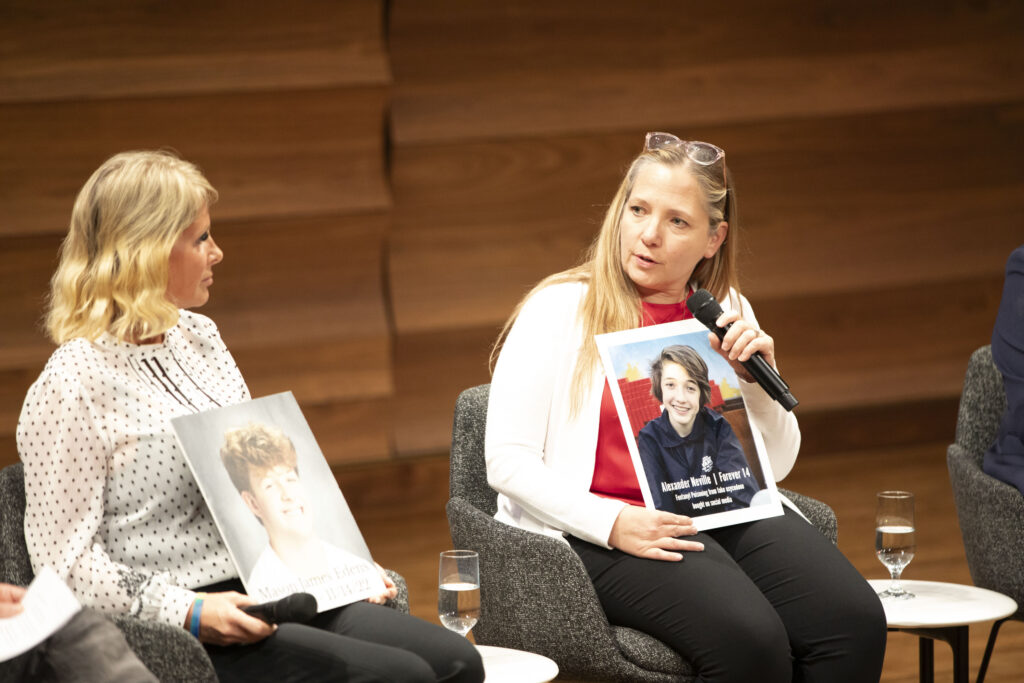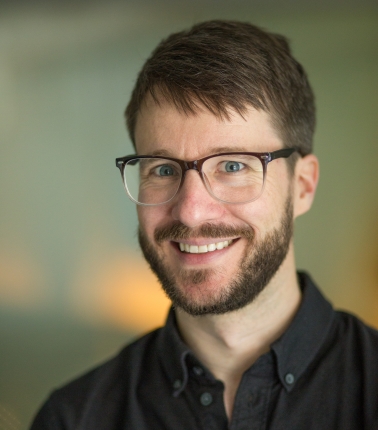Social media is fueling a public health crisis for children and teens. Experts say accountability is overdue.
Experts, parents, and advocates are demanding action from lawmakers as new research and an increase in mental health issues point to the harmful effects of social platforms for young users

In 2021, Arturo Béjar, a former engineer at Facebook, sent an email to several top executives at Meta, including CEO Mark Zuckerberg and Head of Instagram Adam Mosseri, warning them that their platforms were harming children. His message presented evidence linking Meta products to a rise in suicidal ideation, sexual harassment, and fentanyl poisonings.
But to Béjar’s shock, no one responded. He has since become a key whistleblower, accusing Meta of being fully aware of the harm its products cause children and teens, yet turning a blind eye in the name of profit. In the years since, families, lawyers, and politicians have mobilized to hold Big Tech accountable.
The implications of this misconduct were highlighted in a recent screening of Can’t Look Away: The Case Against Social Media, at the Johns Hopkins University Bloomberg Center. The film follows a team of lawyers and parents battling tech giants over the devastating harm linked to social media.
Teen mental health “is definitely a problem, it’s definitely a crisis,” said Laura Clary, assistant research professor at the Johns Hopkins Bloomberg School of Public Health, in an interview. But, she added, the crisis is a long time in the making, with rates of teen anxiety and depression steadily rising over the past 15-20 years.
Here are five key takeaways and personal perspectives on social media’s influence on children for policymakers to consider.
- Tech companies try to shift responsibility to parents
A common argument in defense of social platforms is that parents should monitor their children better or set stricter parental controls. But Jennie DeSerio, who lost her son to suicide after TikTok fed him a stream of suicidal content, said platforms want to blame parents because it’s an easy out for them.
“We are the first generation of parents to have to parent in a digital age,” DeSerio said during a panel after the film screening. “We don’t have a guidebook for this. Nobody has done this before. Nobody’s saying, ‘Hey, this is what I’ve learned. This is what we’ve done.’ That hasn’t happened for this generation of parents and this generation of kids. So unfortunately, we need help.”
DeSerio emphasized that technology companies employ some of the world’s most brilliant minds to develop algorithms that are meant to draw people in—and children are especially vulnerable.
Clary said she urges parents to hold off on providing their child a smartphone or access to social media for as long as possible to minimize potential mental health harm.
- Big Tech is following Big Tobacco’s slippery playbook
Panelists, including Johannes Thrul, associate professor at Bloomberg School, drew direct comparisons between the tactics of social media companies today and tobacco companies decades ago—both profiting from addiction while hiding internal data. Thrul, who did his postdoctoral research at the University of California San Francisco Center for Tobacco Control Research and Education, attested to the striking parallel, saying leaked insider information uncovered the truth.
“It started with whistleblowers getting documents out of the big tobacco companies and dumping them in front of the offices of researchers to get a peek behind the veil of what is happening in these companies,” Thrul said.
Laura Marquez-Garrett, an attorney at the Social Media Victims Law Center and a core character in the documentary, said that when her children turn 18, she won’t hand them a pack of cigarettes, because she never wants them to use them. So why would she hand them social media?
“I would actually probably give my children cigarettes—not probably—I would give my children cigarettes before social media because at least there is social pressure for them to stop smoking,” Marquez-Garrett said.
- Algorithm regulation is key
Advocates pushed for policy solutions, such as the Kids Online Safety Act (KOSA), which would require social platforms to be designed with children’s welfare in mind. Amy Neville, whose son died after purchasing a fentanyl-laced oxycodone pill on Snapchat, urged lawmakers to act.
“I don’t want things to go back onto the parents, because that’s an out for these social media companies,” Neville said. “We need to look at legislation like KOSA. We need to look at these lawsuits as the way to create change. … This is literally a fight to the death.”
DeSerio backed the urgency of Neville’s statement, saying, “We need crucial legislation that holds these platforms accountable, that changes the algorithms, that protects our children, gives our children back their innocence and their ability to be children.”
- Other countries are experimenting with older age requirements
Australia’s parliament approved a ban on social media for those under 16 in 2024, and Ireland is considering similar legislation. The U.S., in contrast, has a minimum age of 13 for most social media platforms, as set by Congress in the Children’s Online Privacy Protection Act (COPPA).
Clary said the increase to 16 could pay dividends.
“Even though it’s just those three years, that’s a really critical developmental period,” she said. “The longer we can delay it, the more likely they’re able to handle both the positives and negatives of social media.”
- Lawsuits provide one of the only ways to get data from social media companies
Lawsuits, such as the one featured in the film, are beginning to move forward after years of delays in court. Advocates say litigation is one of the few tools available to access the internal data that platforms kept hidden.
“It is mind-blowing that these companies still can bury it and ignore it and pretend, ‘Oh, you’ve taken it out of context,’” Marquez-Garrett said. She argued that many of the damaging findings cannot be explained away as “missing context.”
From a scientific perspective, Thrul said we need a robust evaluation of what policies are working, but that means getting access to data from social media platforms.
“They’re sitting on a mountain of data that we have no access to, there’s no independent evaluation, and there’s no independent eyes on what this data is telling us,” Thrul said. “I think that would be a step in the right direction that would really move the evidence forward on what are the connections between social media use and health effects.”
About the experts
-

Johannes Thrul
Associate professor
Johannes Thrul, PhD, MS, uses mobile health technology to understand and treat substance use disorders. See full profile
-

Laura Clary
Assistant research professor
Laura Clary, PhD, MS, develops, implements, and evaluates school-based interventions to improve mental health, resilience, and relationships for children and adolescents. See full profile